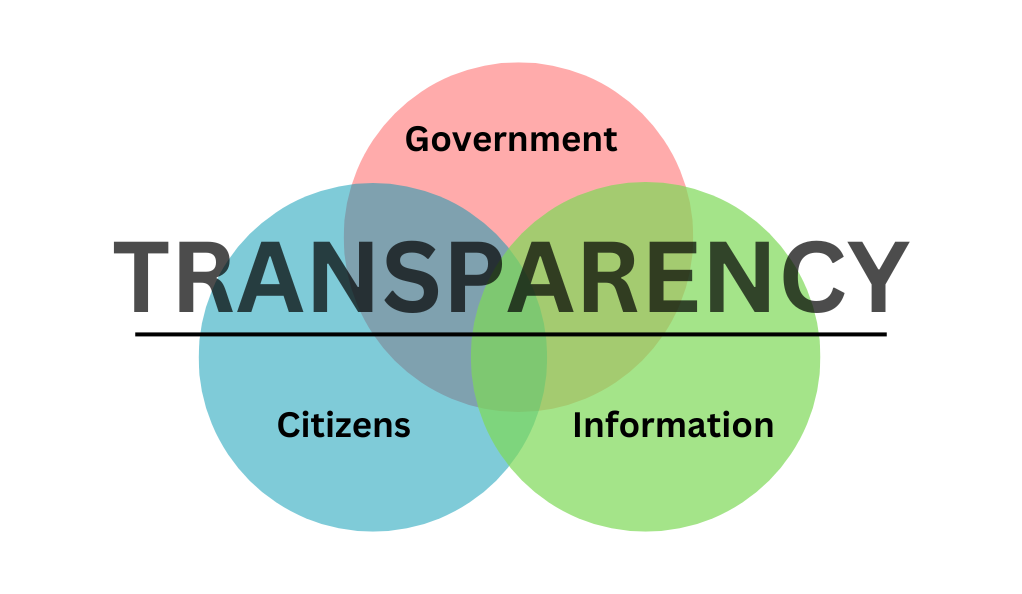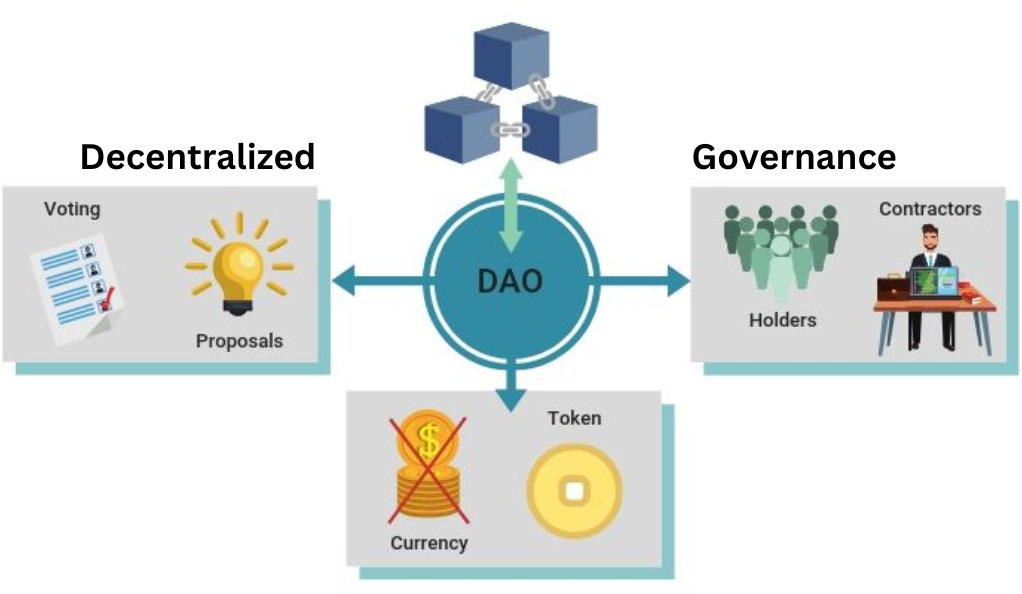In the evolving world of cryptocurrency, there’s a paradigm shift that’s gaining traction: decentralized governance. Beyond the buzzwords and jargon, it’s about returning power to the hands of the many instead of the few. Much like a democratic system, community-led crypto projects aim to bring decision-making to the masses, ensuring that everyone’s voice is heard. Dive with us into the history, mechanics, and future predictions of this transformative approach to digital currency governance.
Historical Overview
Decentralized governance traces its origins to the inception of digital currencies. The quintessential promise of cryptocurrency, decentralization, envisioned a world free from the dominion of large banks and centralized systems. When Bitcoin made its debut, it paved the way for this vision. As more crypto projects emerged, they leaned towards incorporating community-driven approaches. Instead of a singular entity or an authoritative figurehead making decisions, the emphasis shifted towards collective choices. The evolution can be equated to transitioning from a monarchical regime to a democratic system where citizens vote to voice their preferences.
Factors Influencing Decentralized Governance
Power to the People
Decentralized governance isn’t just about dispersing power—it’s about handing the reins of decision-making to a larger community. This process mirrors school elections but takes place on a vast, digital platform. By distributing authority and decision-making capabilities, it ensures a collective voice in matters that were once solely decided by the few.
Technological Advancements
The digital age ushered in advancements that made decentralized governance feasible. As technology continued to break barriers, crypto projects were enabled to implement intricate voting systems and establish platforms where proposals could be introduced and debated, making the entire process more streamlined and inclusive.
Desire for Transparency
Nobody likes being in the dark, especially when it comes to decision-making that affects them. Decentralized governance not only makes processes transparent but also ensures that all actions and decisions are publicly recorded and can be audited. It’s the antidote to clandestine meetings and undisclosed agendas.

Technical Analysis
Technical Analysis in the context of decentralized governance refers to the examination and utilization of specific technologies that enable the community-driven model. It includes mechanisms like Smart Contracts, which automate and execute decisions without human intervention, ensuring a seamless process. Voting Mechanisms provide token holders the power to voice their opinions, linking ownership to influence within the community. Proposal Systems create an environment where anyone can suggest new ideas or improvements, promoting innovation and responsiveness. Together, these elements form the technical backbone of decentralized governance, enhancing transparency, efficiency, and democratization within various crypto projects.
Smart Contracts
Think of smart contracts as automated vending machines in the digital realm. Input a specific command, and it promptly dispenses the corresponding result. These contracts autonomously execute predefined agreements, ensuring that outcomes are consistent and free from human biases or interferences.
Voting Mechanisms
Token-based voting mechanisms are the backbone of decentralized governance. Every token a person holds symbolizes their stake and voice in the system. It’s a tangible representation of one’s say in the collective decision-making process.

Proposal Systems
Innovation thrives on new ideas. Decentralized platforms often foster environments where any member can put forth suggestions or proposals. This inclusivity ensures a continual influx of fresh perspectives, driving evolution and improvement in the ecosystem.
Future Predictions
Future Predictions hint at a landscape where decentralized governance becomes increasingly prevalent and integrated into various sectors. As understanding and trust in this system deepen, it’s anticipated that there will be broader adoption across demographics, bringing even the most traditional segments of society into the conversation. However, as with any evolving technology, the systems supporting decentralized governance are expected to undergo refinements, becoming more intuitive and secure. While the journey promises numerous innovations and transformations, challenges will arise.
Greater Adoption
The potential and benefits of decentralized governance are becoming increasingly evident. As understanding and trust in this system grow, it won’t be surprising to find people of all ages, including our grandparents, discussing its merits and nuances.
Refined Systems
Like any technology, the tools and platforms supporting decentralized governance will undergo refinements. With continuous feedback from communities and advancements in technology, the systems will become more user-friendly, secure, and efficient.
Challenges Ahead
However, the path isn’t devoid of challenges. From security concerns to community disagreements, there will be obstacles. But adversity often breeds resilience and innovation. The crypto community is known for its ability to adapt and overcome.
Conclusion
Imagine a world where financial systems function like an open town-hall meeting, emphasizing transparency and inclusivity. That’s the promise of decentralized governance. As more crypto ventures adopt this model, our journey towards an egalitarian digital future becomes clearer. The question is, are we prepared to embark on this transformative journey?
FAQs
It’s a system where decisions in crypto projects are made by a broad community rather than a select few.
Smart contracts automatically execute decisions without humans, ensuring fairness and transparency.
Mostly, yes. Most projects allow anyone to submit ideas, fostering innovation and inclusivity.
Like anything, it has challenges. Ensuring every voice is heard without chaos and handling disagreements are a few.
While it’s growing in popularity, it’s up to each project to decide. However, the trend indicates a move towards more decentralization.